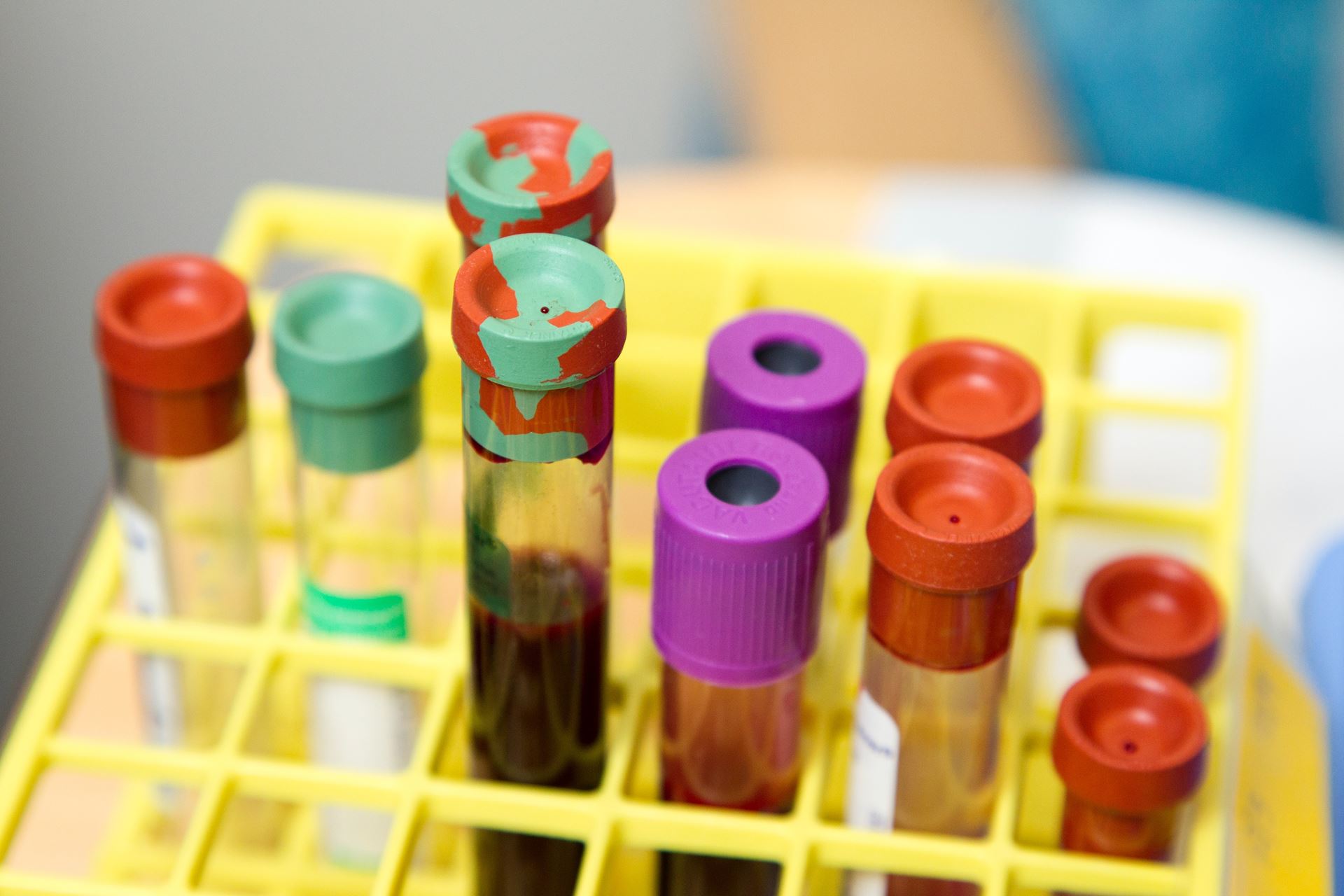Test Results
Results Of Tests And Investigations
As our phone lines are busy between 08.30am and 10am we would ask that you call us after 10am for any test results.
Please allow 5 working days before calling for routine blood test results. Some blood test results may take longer to be analysed.
If your bloods test results are abnormal you will be contact by a member of the practice team.
X-ray results are usually available after 15 working days from the x-ray being taken at the hospital. We do not usually receive x-ray reports that a consultant has requested and if this is the case you will need to contact the relevant department at the hospital.

Results of Tests and Investigations
Please remember that the receptionist is not medically qualified to read any kind of test result. They will only be able to inform you that the results are back. A doctor may leave a message with the receptionist concerning test results but the receptionist will only be able to give this information to you.
To maintain confidentiality we request that you do not ask members of your family or friends to ring for results on your behalf. The receptionists are not allowed to give out results to anyone other than the patient unless we have written/verbal permission.
Specimens
If you are asked to bring in any specimens for testing please ensure that they arrive before 11.30am, to ensure they can be sent to the hospital via the courier service. There are suitable containers available from the receptionist. Please allow at least 4 days for the results to come back.
If your sample is not in the correct container you will be asked to decant the specimen into the correct container in the toilets.
Blood Tests
A blood test is when a sample of blood is taken for testing in a laboratory. Blood tests have a wide range of uses and are one of the most common types of medical test. For example, a blood test can be used to:
- assess your general state of health
- confirm the presence of a bacterial or viral infection
- see how well certain organs, such as the liver and kidneys, are functioning
A blood test usually involves the phlebotomist taking a blood sample from a blood vessel in your arm and the usual place for a sample is the inside of the elbow or wrist, where the veins are relatively close to the surface.
Blood samples from children are most commonly taken from the back of the hand. The childs hand will be anaesthetised (numbed) with a special cream before the sample is taken, this will be prescribed by the doctor and will need to be collect from the pharmacy and applied before the appointment.. Some children will be asked to attend the hospital if we do not have a qualified nurse available as this is not done by the phlebotomist.
You can find out more about blood tests, their purpose and the way they are performed on the NHS Choices website.


X-Rays
An X-ray is a widely used diagnostic test to examine the inside of the body. X-rays are a very effective way of detecting problems with bones, such as fractures. They can also often identify problems with soft tissue, such as pneumonia or breast cancer.
If you have an X-ray, you will be asked to lie on a table or stand against a surface so that the part of your body being X-rayed is between the X-ray tube and the photographic plate.
An X-ray is usually carried out by a radiographer, a healthcare professional who specialises in using imaging technology, such as X-rays and ultrasound scanners.
You can find out more about x-ray tests, how they are performed, their function and the risks by visiting the NHS Choices website.
When the docotr has requested an x-ray you are able to attend the walkin x-ray service at Kidderminster Hospital. Monday - Friday 9am-12:30pm and 2pm - 4:30pm except for bank holidays. If you require a chest x-ray the walkin service is Monday - Thursday 9am - 6pm and Friday 9am - 4:30pm.
Page created: 26 May 2020